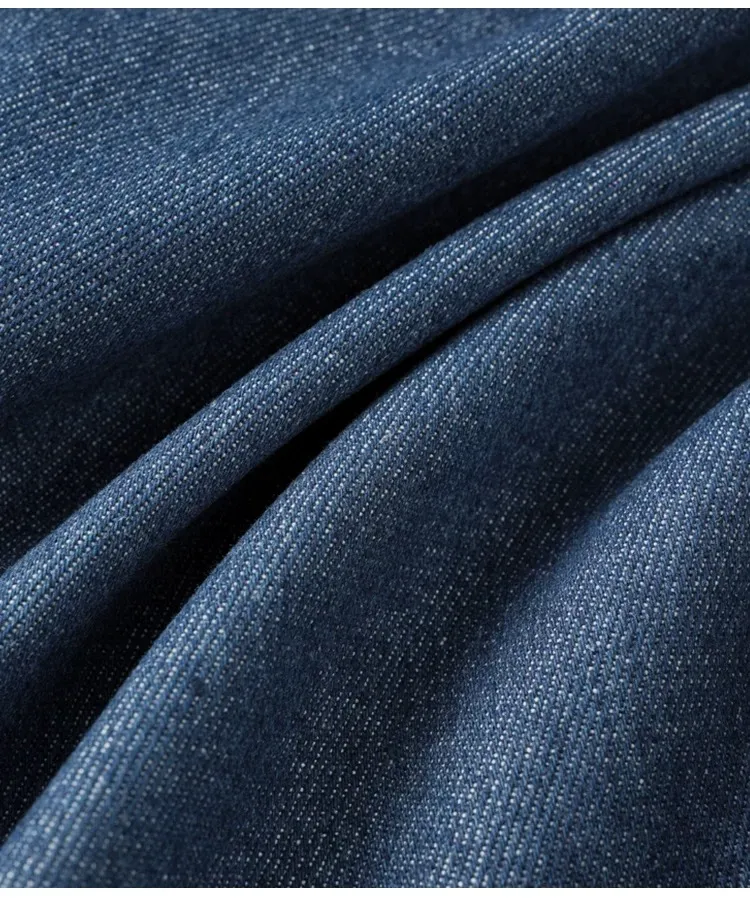The application and importance of black indigo dye in the textile industry
With the development of the global economy, the textile industry, as one of the important traditional industries, plays an indispensable role in the consumer market. In the production process of textiles, various dyes and pigments are widely used, among which sulfur black powder, as an important dye material, occupies a pivotal position in the textile industry due to its unique properties and superior performance. This article will explore the application and importance of black indigo dye in the textile industry.

The application of black indigo dye is particularly widespread in the dyeing process
Due to its excellent light resistance, wash resistance, and wear resistance, sulfur black is often used for dyeing cotton fabrics, wool fabrics, and synthetic fibers. Sulfur black dye can form a strong bond with cellulose and synthetic fibers, ensuring the durability of the dyeing effect. This durability has enabled sulfur black powder to be widely used in high demand applications such as workwear, outdoor clothing, and other fields. In addition, sulfur black powder is usually relatively inexpensive, making it the preferred dye for many small and medium-sized enterprises.
The importance of black indigo dye in environmental protection is gradually being recognized
Compared with traditional synthetic dyes, sulfur black produces less wastewater and exhaust gas pollution during production and use, which meets the requirements of modern green production. With the deepening of the concept of sustainable development, many textile enterprises have begun to turn to the use of environmentally friendly dyes, and sulfur black powder is in line with this trend. Therefore, choosing sulfur black powder as a dyeing material not only helps improve product quality, but also reduces environmental burden and promotes the sustainable development of the textile industry.
The importance of black indigo dye in the textile industry is also reflected in its constantly innovative application areas
In recent years, with the advancement of technology, the modification and composite application of sulfur black dye have been continuously developed. For example, by combining with other dyes, dathan dubha sulfur can achieve richer color effects, thereby meeting the market's demand for diversified products. In addition, researchers are also exploring the application of sulfur black powder in functional textiles, such as antibacterial and UV resistant properties, to adapt to a more diversified consumer market.
In summary, the application and importance of black indigo dye in the textile industry cannot be ignored. It not only improves the quality and durability of textiles, but also contributes to environmental protection and sustainable development. With the continuous advancement of technology, the application prospects of sulfur black powder will become even broader, becoming an important force in promoting the sustainable development of the textile industry. Textile enterprises should attach importance to the advantages of this dye, actively explore its application in production, enhance market competitiveness, and contribute to the realization of green manufacturing.
-
The Timeless Art of Denim Indigo Dye
NaidheachdanJul.01,2025
-
The Rise of Sulfur Dyed Denim
NaidheachdanJul.01,2025
-
The Rich Revival of the Best Indigo Dye
NaidheachdanJul.01,2025
-
The Enduring Strength of Sulphur Black
NaidheachdanJul.01,2025
-
The Ancient Art of Chinese Indigo Dye
NaidheachdanJul.01,2025
-
Industry Power of Indigo
NaidheachdanJul.01,2025
-
Black Sulfur is Leading the Next Wave
NaidheachdanJul.01,2025

Sulfair Dubh
1.Name: sulphur black; Sulfur Black; Sulphur Black 1;
2.Structure formula:
3.Molecule formula: C6H4N2O5
4.CAS No.: 1326-82-5
5.HS code: 32041911
6.Product specification:Appearance:black phosphorus flakes; black liquid

Bromo Indigo; Vat Bromo-Indigo; C.I.Vat Blue 5
1.Name: Bromo indigo; Vat bromo-indigo; C.I.Vat blue 5;
2.Structure formula:
3.Molecule formula: C16H6Br4N2O2
4.CAS No.: 2475-31-2
5.HS code: 3204151000 6.Major usage and instruction: Be mainly used to dye cotton fabrics.

Indigo Blue Vat Blue
1.Name: indigo blue,vat blue 1,
2.Structure formula:
3.Molecule formula: C16H10N2O2
4.. CAS No.: 482-89-3
5.Molecule weight: 262.62
6.HS code: 3204151000
7.Major usage and instruction: Be mainly used to dye cotton fabrics.

